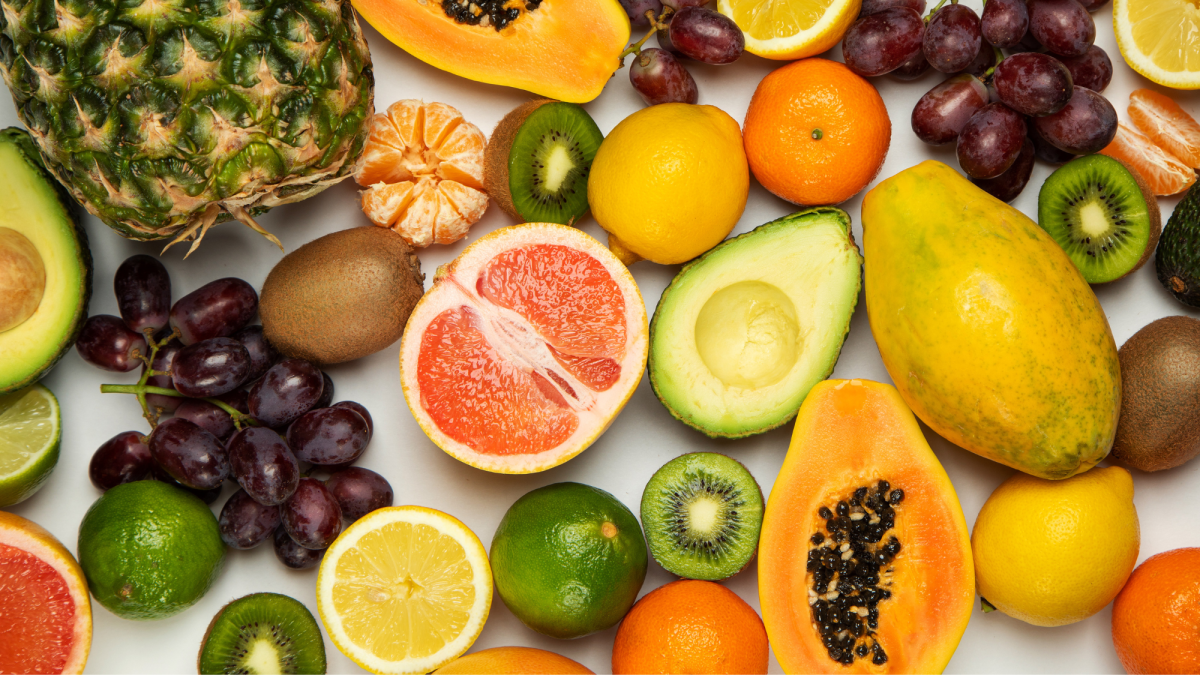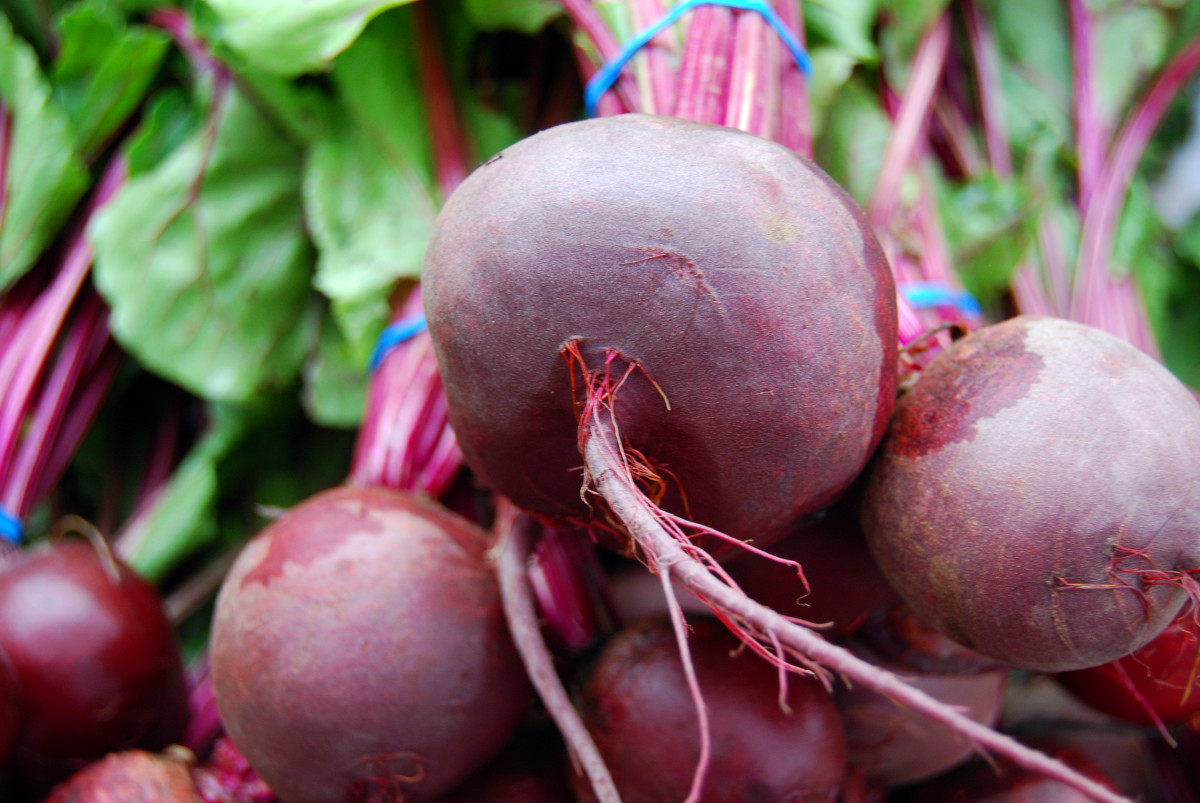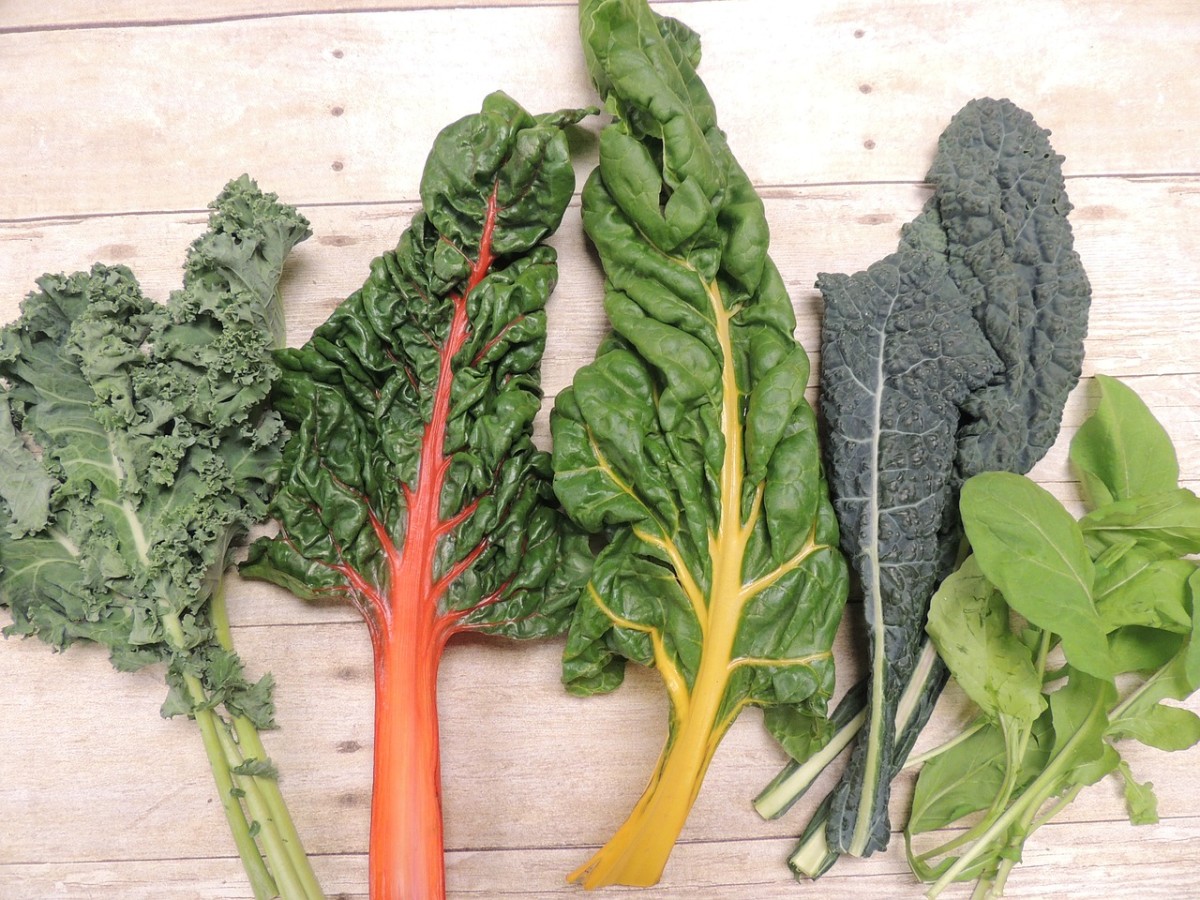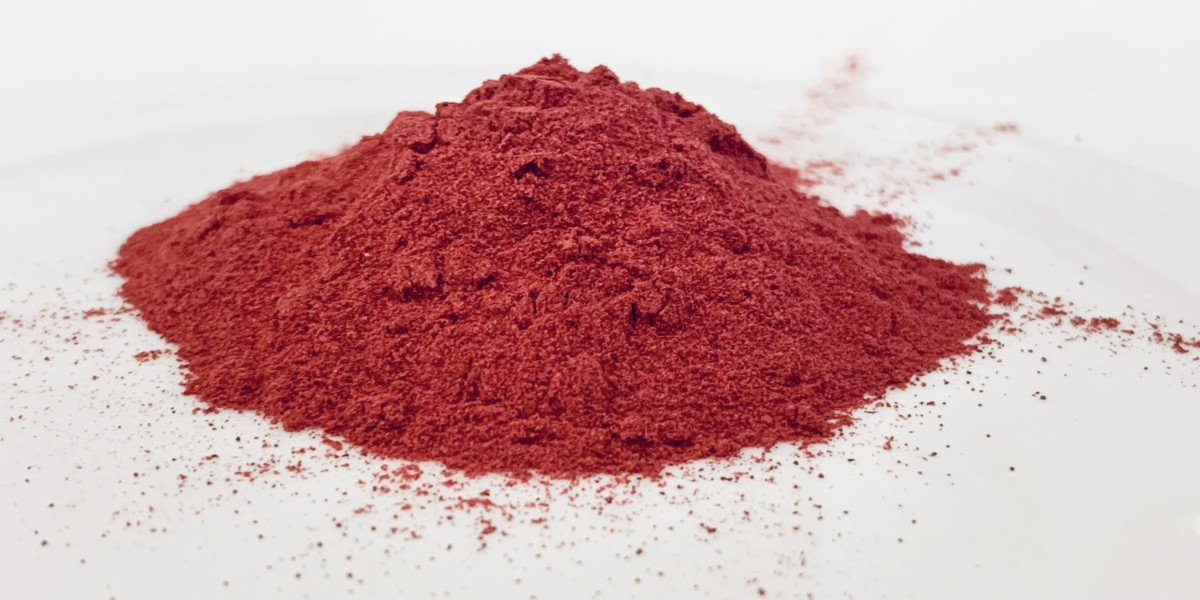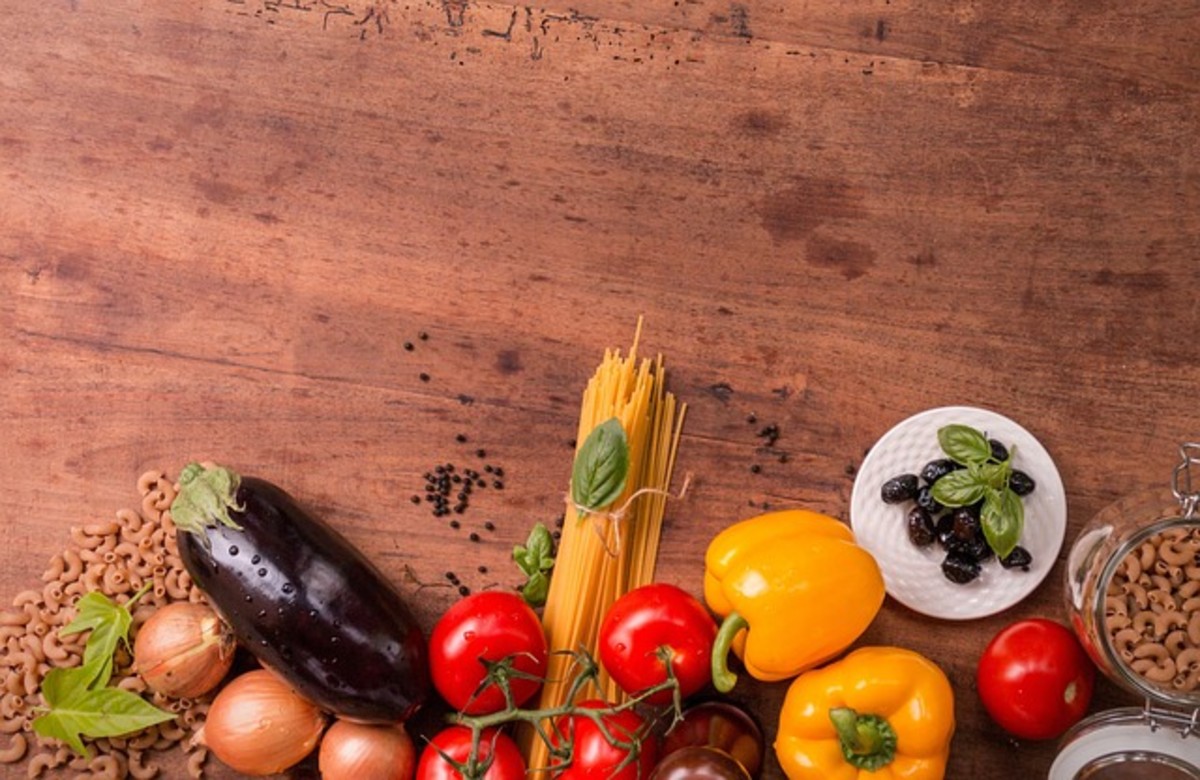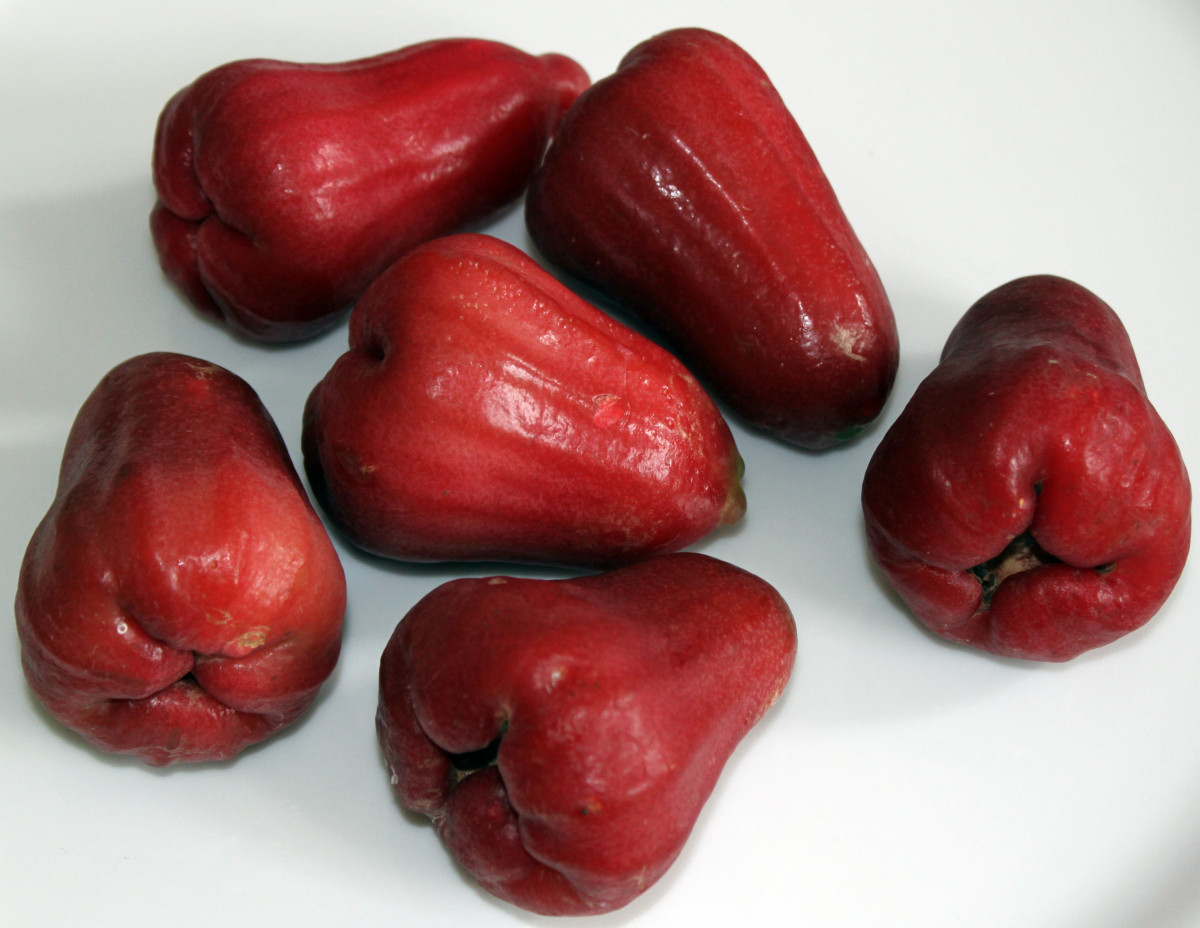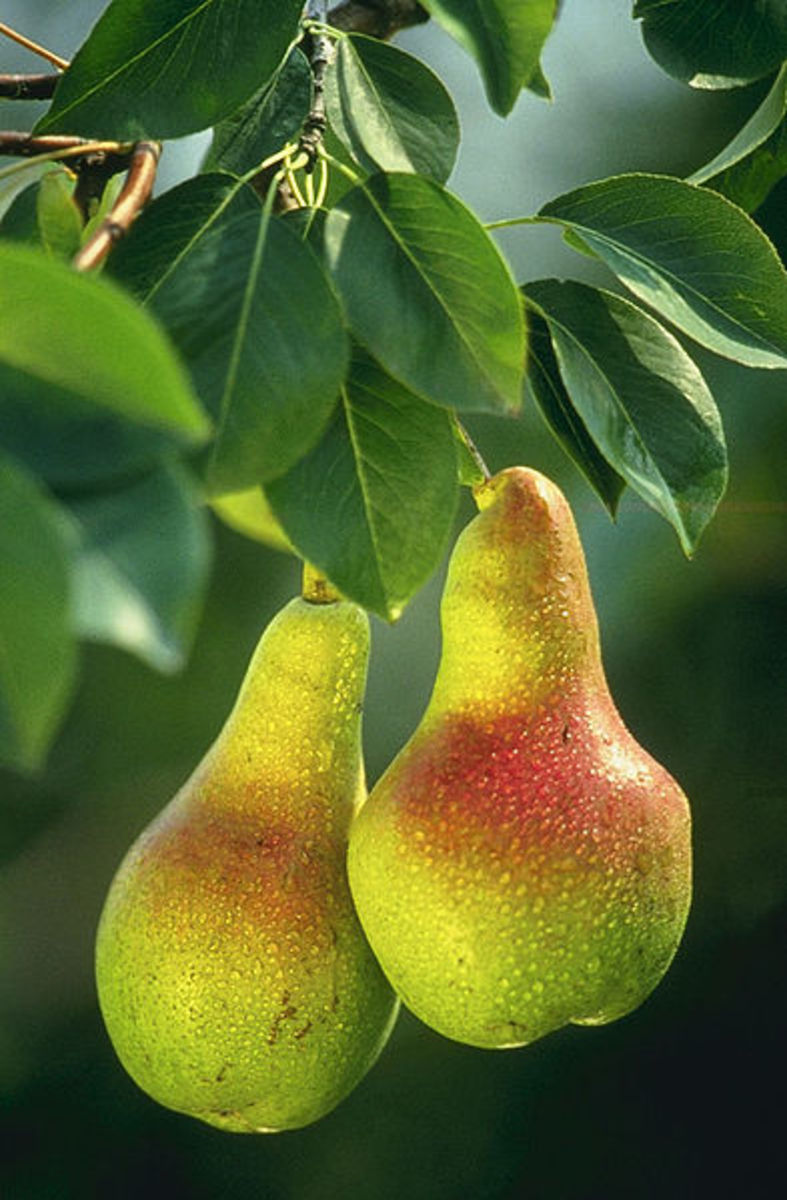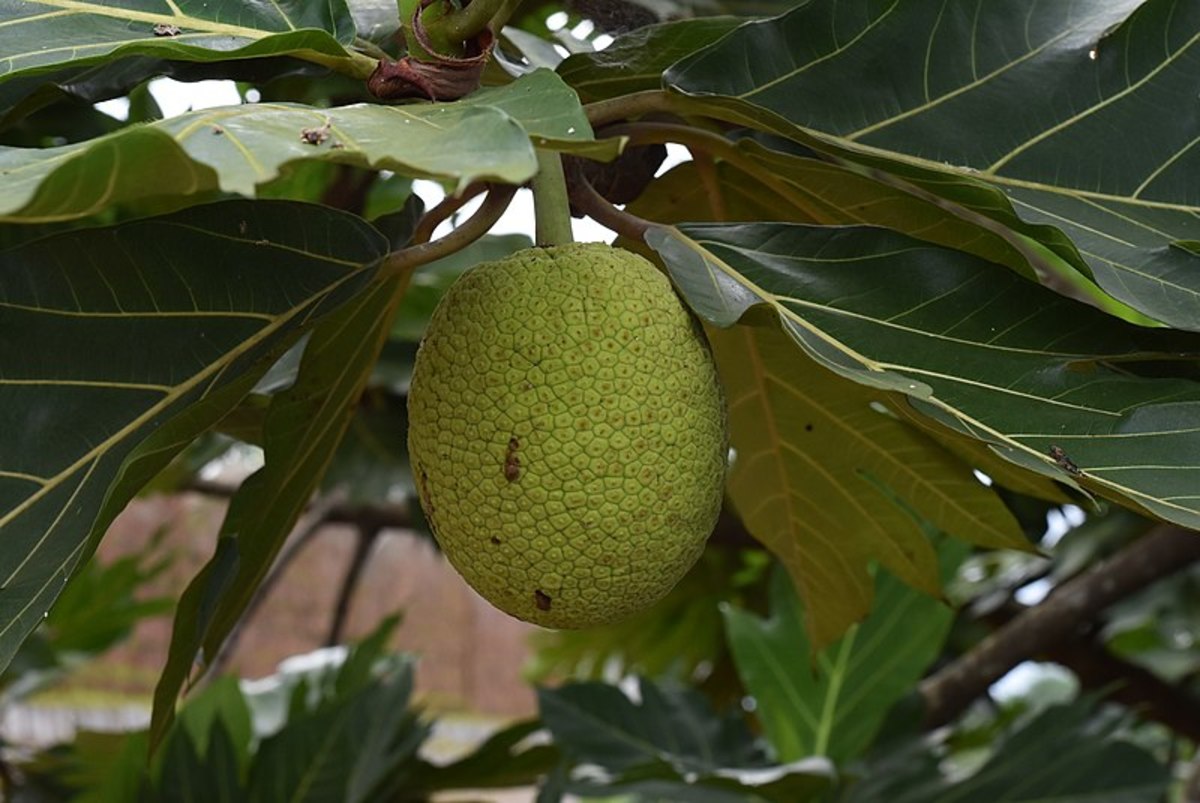Health Benefits of Beetroot or Beets
Beetroot or Beets
Beetroot (or Beets) - you either love them or hate them. But have you ever wondered if it's actually any good for your health? The good news is - YES, it is!
Beetroot has a number of health benefits, including boosting stamina and reducing blood pressure, as well as containing potassium, magnesium, iron and Vitamins A, B6, C and Folic Acid. Combine this with its share of carbohydrates, protein, and soluble fiber - and you have a "Superfood".
Let's look at some of those health benefits:
Super Juice!
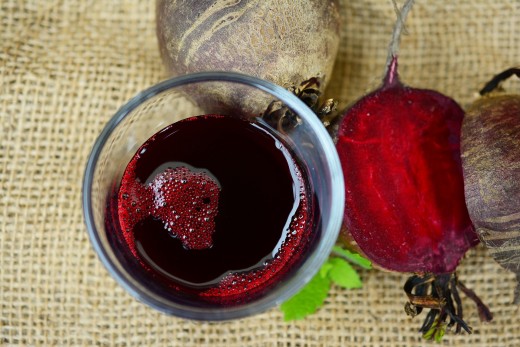
Blood Pressure and Risk of Disease
The high content of nitrates found in beetroot widens blood vessels, therefore lowering blood pressure (BP). They do this by producing a gas called Nitric Oxide in the blood, once eaten. Research has shown that beetroot may contain almost 20 times more nitrate than other vegetables.
Several studies showed that a daily intake of beetroot juice provided a significant BP drop - and the higher the starting BP, the more significant the drop.
Lowering your BP to healthy levels (130/80 or less) as well as your cholesterol, which can also be helped by adding beetroot to your diet, also reduces your risk of a stroke or heart attack.
Beetroot Juice
Your Thoughts on Beetroot Juice
How To Make Beetroot Juice - Scoff
Essential Vitamins and Minerals
Beetroot contains many of your daily essential vitamins and minerals. Just 100 grams will give you a great start to your daily intake.
One of these is Folic Acid. Folic Acid is essential for normal tissue growth, but is especially important for the development of a baby's spinal cord in the first three months of pregnancy, preventing spina bifida. 100g of beetroot, whether it be juice or through eating beetroot, will give you 75% of your recommended daily intake of this essential mineral/vitamins.
Beetroot is also a great source of Iron and Vitamin C. With the addition of Vitamin C, Iron absorption is increased, therefore having both in the one vegetable makes for a great source of iron. With 7% of your recommended daily intake in 100g, it can give a well-deserved pick-me-up to those pregnant women who are suffering from fatigue, at the same time as boosting their folic acid intake.
Other vitamins such as B6, Magnesium, Potassium, and soluble fiber.
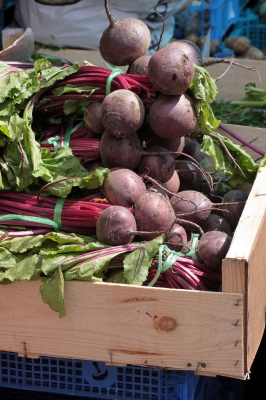
Superfood?
Beetroot's Many Positives
- Decreases BP, and Cardiovascular Disease Risk
- Folic Acid - great for pregnant women
- Decreases the risk of osteoporosis
- Slows the progression of dementia
- And MANY MANY more!
Dementia, Osteoporosis?
Two completely different conditions, but the humble beetroot can help prevent or slow progress of both of these conditions.
Due to the mineral silica contained within it, beetroot helps the body to utilize calcium. This is an important component for bone growth, and bone health, also reducing the risk of osteoporosis.
Dementia is a different kettle of fish. It is thought that the high concentration of nitrates within beetroot, and the subsequent conversion to nitric oxide, help with slowing the progression of dementia. It is thought to do this by the nitric oxide acting on the blood vessels in the brain, widening them and increasing blood flow to the brain - this is never a bad thing! (Unless it's a hemorrhage of course!). Folic acid in the beetroot is also thought to help protect against dementia and Alzheimers.
Nutritional Information
per 100g
| GDA
| |
|---|---|---|
Energy
| 162kj/38kcal
| 2%
|
Protein
| 1.7g
| 4%
|
Carbohydrate
| 7.6g
| 3%
|
of which Sugar
| 7.0g
| 8%
|
of which starch
| 0.6g
| |
Fat
| 0.1g
| 0%
|
of which saturates
| 0.0g
| 0%
|
Fiber
| 1.9g
| 8%
|
Sodium
| 0.1g
| |
Equivalent as salt
| 0.17g
| 3%
|
Vitamin C
| 8%
| |
Folic Acid (Folate)
| 75%
| |
Potassium (k+)
| 11%
| |
Iron (Fe)
| 7%
| |
Zinc (Zn)
| 3%
| |
Magnesium
| 4%
|
Thanks to Lovebeetroot.co.uk for the Nutritional Information Table
Many Other Benefits
Beetroot has so many good qualities - too many to go into depth on in just the one hub.
Aside from the decreasing of BP, Cardiovascular disease risk, the risk of osteoporosis, and preventing spina bifida in the developing baby, Beetroot has many other positive effects on your health.
Beetroot also has powerful antioxidant properties, lowers cholesterol, stabilizes blood sugar, detoxifies the liver, gives protection against Cancer, boosts digestive health, and improves stamina.
Cancer protection comes in the form of betacyanin - this has been found to slow the growth of tumors by 12.5% in prostate and breast cancers. However, the study that concluded this only studied betacyanin on its own, and it is assumed that other properties of the beetroot won't interfere with its action.
Thats Not All - Use the Greens as well!
Whilst a lot of the information is in relation to the root of the Beetroot, it's leaves, otherwise known as "Beet Greens" can be used to promote good health as well.
Beetroot greens supply good amounts of Phosphorus, Protein, and Zinc as well a being a wonderful source of fiber. They're high in Vitamin B6, Magnesium, Potassium, Copper and Manganese, and packed with other vitamins - if you based your intake of beet greens on a normal 2,000 calorie diet: 220% of Vitamin A, 60% of Vitamin C, 16% of Calcium, and 15% of Iron. That means that beet greens have a higher Iron content than spinach, and in fact have more nutritional value than the beetroot itself
A side note - the amount of Vitamin K in the beet greens may interact with the anticoagulation properties of medications such as Warfarin Sodium (Coumadin, Marevan) so may need to be avoided by those on these medications.
So, in an effort to promote good health, and reduce waste, consider adding Beet Greens into your diet as well!
Fresh, Cooked, Juiced!
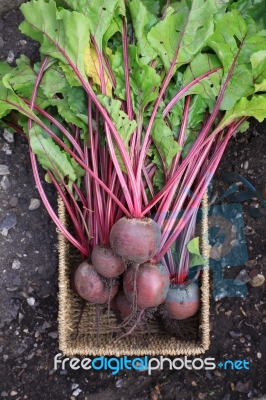
How to Add Beets Into Your Diet
There are many different ways you can increase your intake of beetroot, other than just popping a few slices in a burger.
Beetroot is able to be used in a juice - with other juiced vegetables and fruit, or on its own. It is not recommended that you drink 100% beet juice - this can cause bloating and indigestion. It is suggested that you dilute it at least 1:2 with water or other juices. To treat anemia and fatigue, you should mix it 1:1 with honey. For women who are trying to normalize their periods - beetroot juice and pomegranate or carrot juice in a 1:3 ratio.
For gastric benefits - adding boiled beets to the diet may be helpful.
Beet is also available in a powdered or tablet form from natural health stores, Amazon, and on eBay.
Things to Do With Beets and Beet Powder
Who Shouldn't Use Beets? Any Side Effects?
However, don't go out and start guzzling beet juice. It is recommended that you start slowly, a teaspoon with other juices, and increase as taste allows.
Just like with any medication or health supplement - there are side effects:
- Beetroot juice is a laxative and a diuretic - it may cause intestinal upset
- 1-2 cups of undiluted juice can help decrease BP - may cause weakness and dizziness
- If you suffer from urolithiasis or hypertension (high BP) - limit consumption
- Due to its liver cleansing effects - if you have bile duct stones, beetroot juice may cause complications.
- Your urine may turn pink - this happens to about 14% of the population - not harmful, just colorful!
Allergic side effects include:
- fever
- rash
- chills
- burning sensation or itching
If you suffer from any of these after drinking beetroot juice- please seek medical assistance immediately.
Note re: Beet Greens - as documented earlier - Beet Greens may need to be avoided by those on anticoagulant medications such as warfarin, as they contain a high amount of Vitamin K, which promotes clotting (and is the antidote to too high an INR)
Otherwise - ENJOY Beetroot and it's Health Benefits!
© 2013 Jacqui

